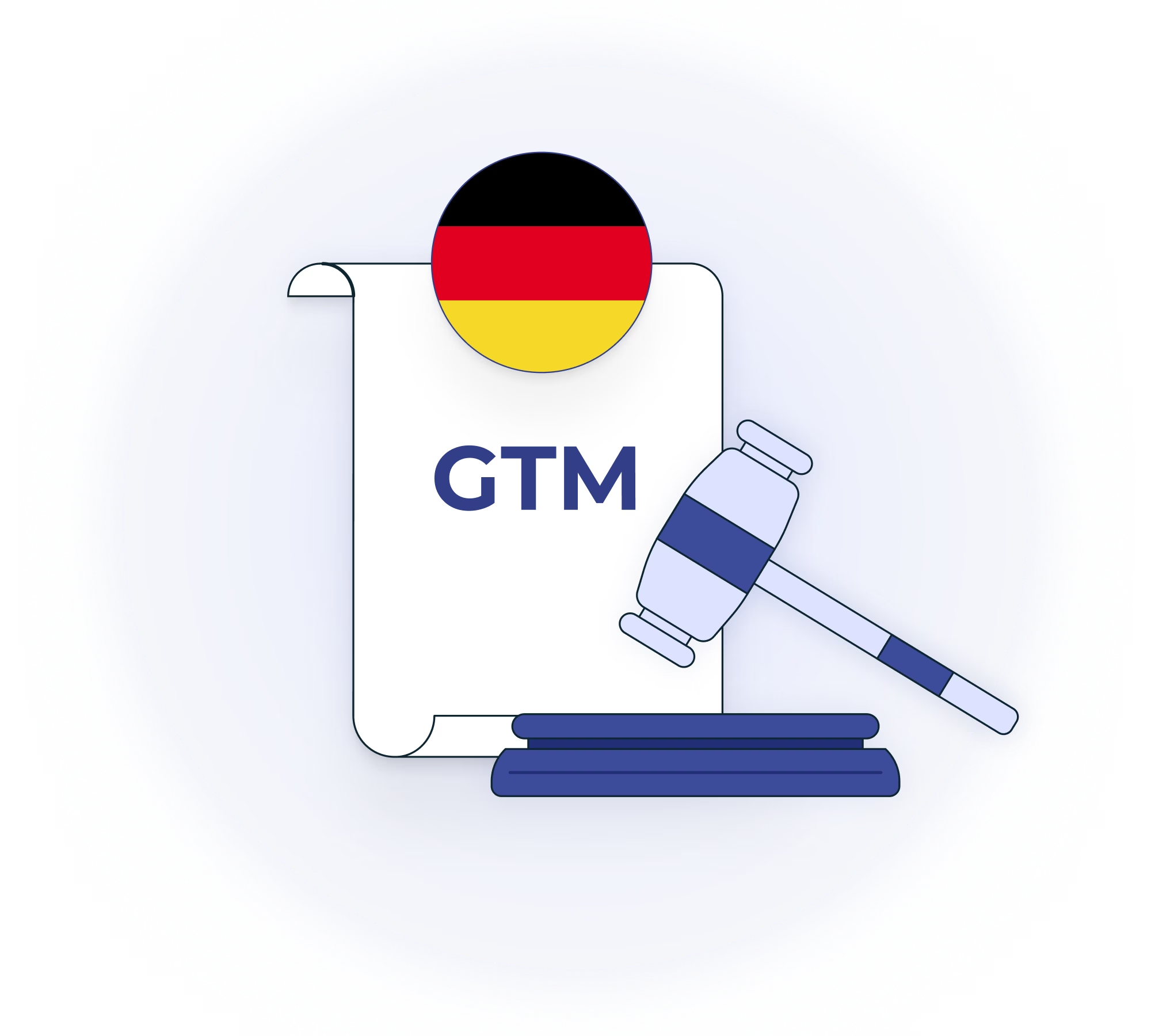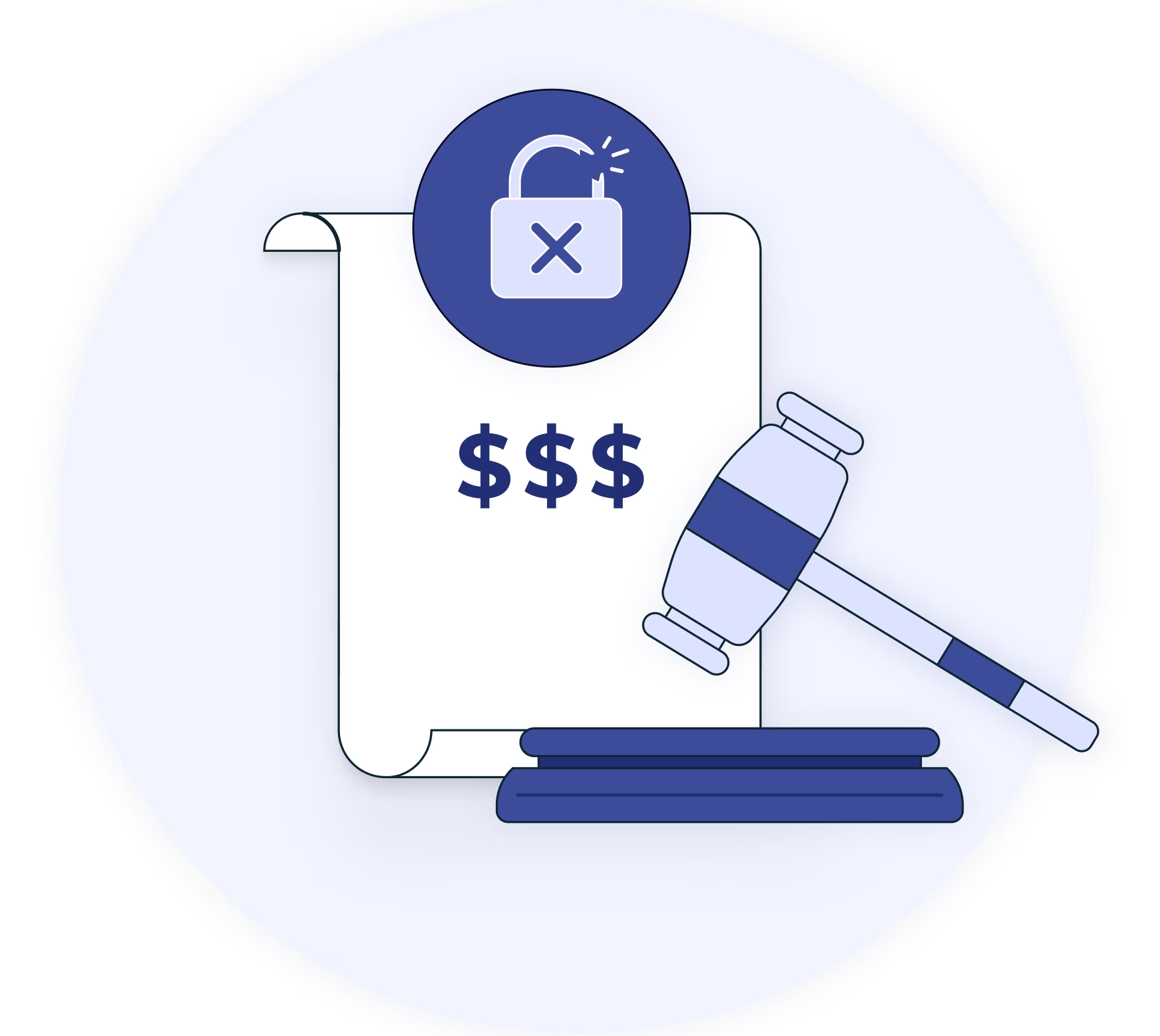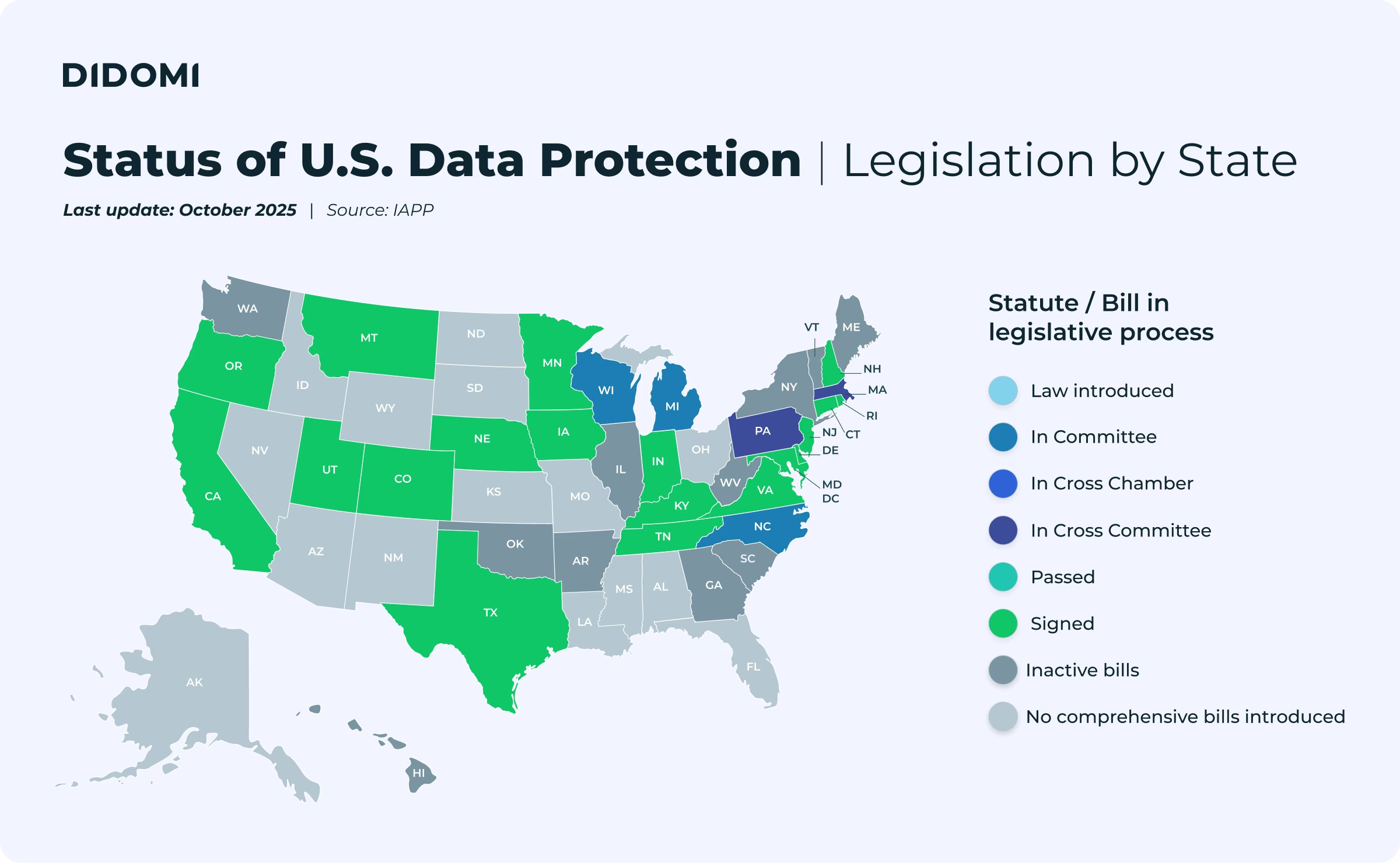On September 23rd, we gathered in Madrid to discuss privacy and performance with digital transformation leaders, sharing insights on adapting to business changes while keeping the user at the center of the conversation.
We extend our thanks to our guest speakers Miguel Nieto Amesti from Adobe, Lorena Roque Masi from Google, and Raluca G. from ING España & Portugal, along with Sergio Gómez and Alberto Hernández Sacristán from our team.
The discussions centered around three core topics: the latest news on the Google Privacy Sandbox and third-party cookies, user consent and data collection transformation, and the future of digital marketing.
Watch the full replay on YouTube, or continue reading for a recap of the conversation:

Understanding Google’s latest third-party cookies updates
Lorena Roque Masi from Google explained that instead of eliminating third-party cookies, Chrome is introducing a new experience that would allow people to make an informed decision regarding their web browsing, and they could adjust that choice at any time. The Chrome team is discussing this new path with regulators and will collaborate with the industry as they implement it.
Google Ads' approach and recommendation to our partners remain the same: continue betting on privacy-respecting technologies, using Google Ads' artificial intelligence solutions, and developing a first-party data consent strategy.
“Advertisers who do this well will have a competitive advantage that will facilitate sustainable campaign performance and business success in the future." – Lorena Roque Masi, Ads Privacy Lead for Spain and Portugal at Google.”
- Lorena Roque Masi, Ads Privacy Lead España & Portugal at Google
With this approach, Google aims to minimize disruption to the advertising industry while providing users with more control over their data.
Transforming user consent and data collection
As privacy concerns grow, companies are increasingly prioritizing how they collect and manage user consent. Miguel Nieto from Adobe discussed the need for seamless, user-friendly consent experiences that go beyond compliance and help build trust:
“Today, it’s not just about collecting consent. It’s about having meaningful conversations with users across multiple channels, from websites and apps to connected TV, ensuring they feel comfortable sharing their data.”
- Miguel Nieto, Sales leader data and marketing automation at Adobe
Consent Management Platforms (CMPs), like ours at Didomi, are becoming essential tools for businesses to manage consent effectively across touchpoints. They allow organizations to tailor content and marketing strategies while respecting user preferences:
“With the right tools, you can transform consent into a strategic advantage. It allows for better segmentation, more accurate data, and ultimately, more personalized marketing.”
- Miguel Nieto, Sales leader data and marketing automation at Adobe
Meanwhile, Raluca from ING presented how they have adapted its approach to customer data by implementing a Customer Data Platform (CDP). This technology allows ING to consolidate customer data from various channels, creating a unified profile for each user (refer to our case study Didomi x ING for more details). By leveraging this system, ING has been able to personalize customer engagement and manage data more efficiently:
“We’re seeing higher engagement, with users clicking more on personalized content. We’ve also seen an increase in sales when the content is tailored to individual preferences. There’s a lot of potential here, and we’ll continue exploring these opportunities, including with AI.”
- Raluca Georgescu, Product Owner MarTech at ING Spain
To learn the strategy behind ING Spain’s consent management practices for their 4 million customers, watch our recent video case study:

The future of digital marketing
During the panel discussion, the speakers explored how companies can prepare for the challenges posed by the end of third-party cookies and the rise of privacy-focused regulations.
Our very own Sergio Gomez emphasized the growing importance of first-party data strategies for businesses of all sizes. As the reliance on third-party cookies diminishes, companies need to focus on building robust frameworks for managing first-party data to maintain personalized interactions with their customers:
Whether you’re a small company or a large enterprise, managing first-party data is critical to maintaining trust and personalizing experiences in the post-cookie world
- Sergio Gomez, Country Manager - Iberia/LATAM at Didomi
Lorena also touched on the complexities of measurement and attribution in a cookieless future. Businesses will need to adopt alternative methods, such as media mix modeling, to assess the effectiveness of their marketing channels.
Miguel and Raluca offered their perspectives on navigating these changes. Miguel stressed the importance of balancing personalization with privacy, explaining that personalization remains key but must always respect user consent. Raluca highlighted the value of relevant content and improving SEO to drive organic traffic and boost engagement.
“For a small business, it’s important to focus on content, ensuring it’s relevant for the audience and personalized in a meaningful way if appropriate. It’s also crucial to develop an SEO strategy and work on organic traffic through strategies that don’t require heavy investment but are effective in driving results."
- Raluca Georgescu, Product Owner MarTech at ING Spain
Together, our speakers agreed that the shift away from third-party cookies presents both challenges and opportunities. By investing in first-party data, privacy-focused tools, and new measurement models, organizations can adapt and thrive in this evolving landscape.
Watch the full conversation on YouTube now, or book a call with one of our experts to discuss your data privacy and performance challenges:
{{talk-to-an-expert}}

.svg)











.avif)







